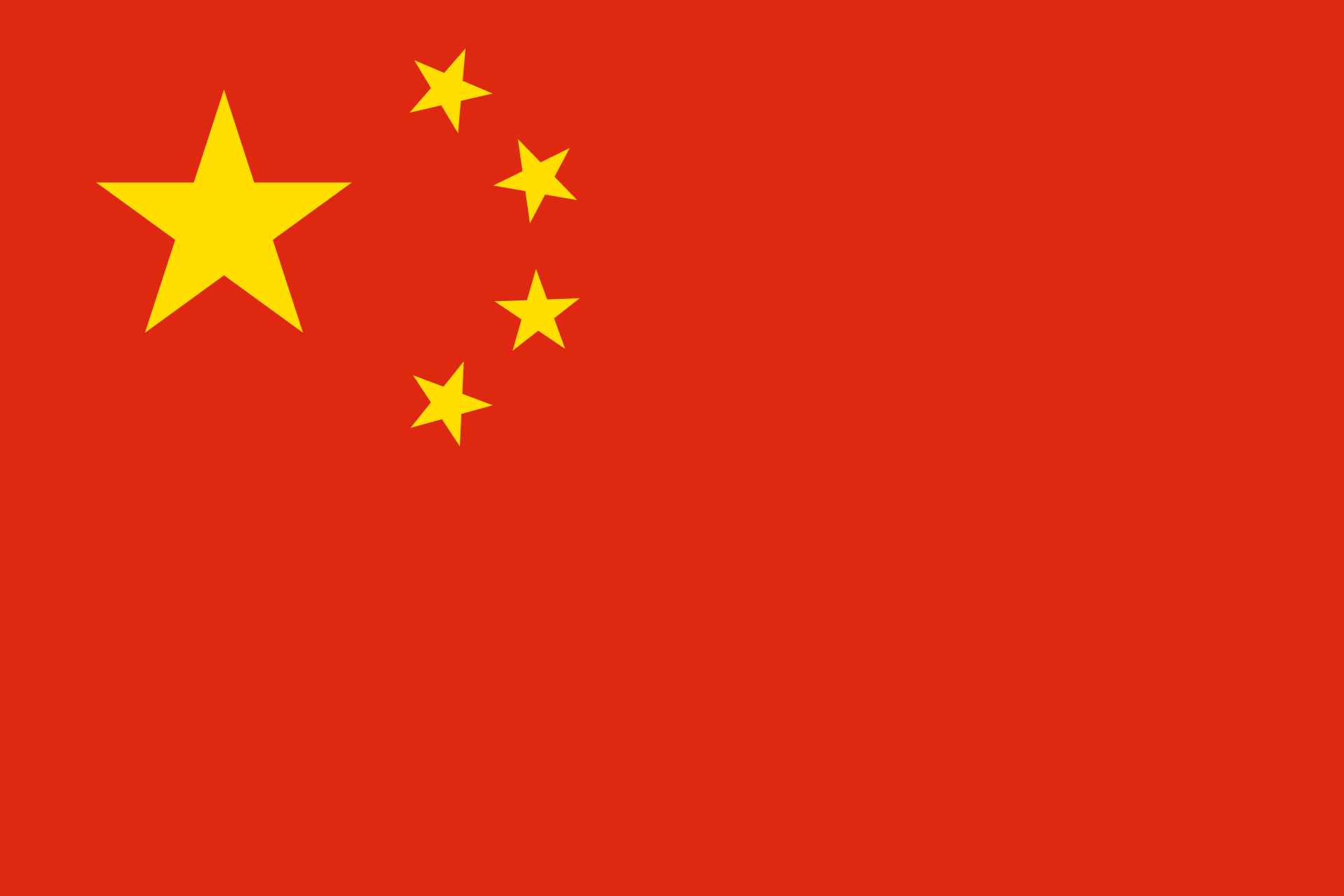The problem of bilingualism in Tuva
In the Republic of Tuva, the indigenous Tuvinians live together with people from other ethnic backgrounds, mostly Russian settlers who emigrated in the late 19th and early 20th century. This cultural mixture has led to the emergence of different kinds of bilingualism. The feudal clique of Tuvinians had already learned to speak Mongolian during the 16th century and later under the Manchu Empire. Before the introduction of the Tuvinian alphabet, Mongolian was the only written language, and it is still spoken by a minority of Tuvinians who live close to the border. In the 20th century, the Tuvan-Russian bilingualism has been developed thanks to the media and schools teaching in both languages. At the same time, the position of Tuvinian as a national language has been reinforced. However, only a very small minority of Russians speaks Tuvinian.




